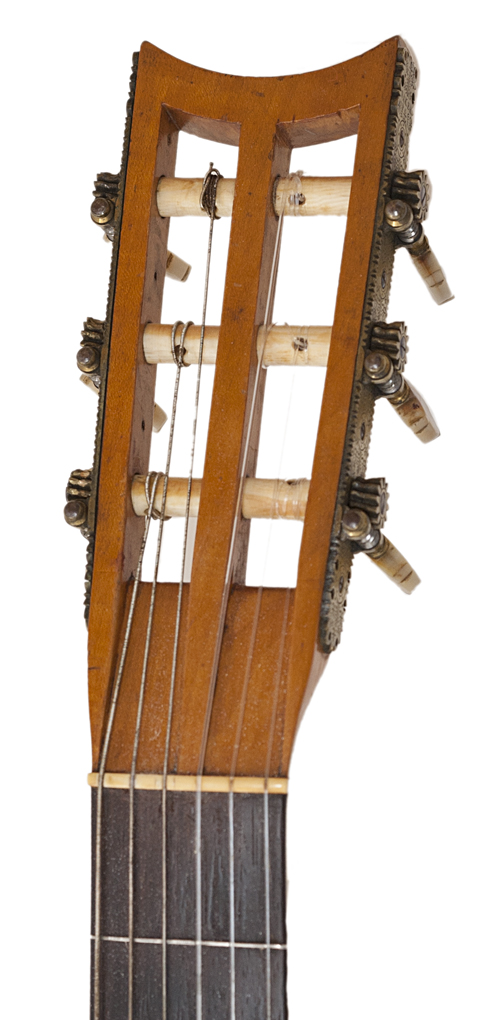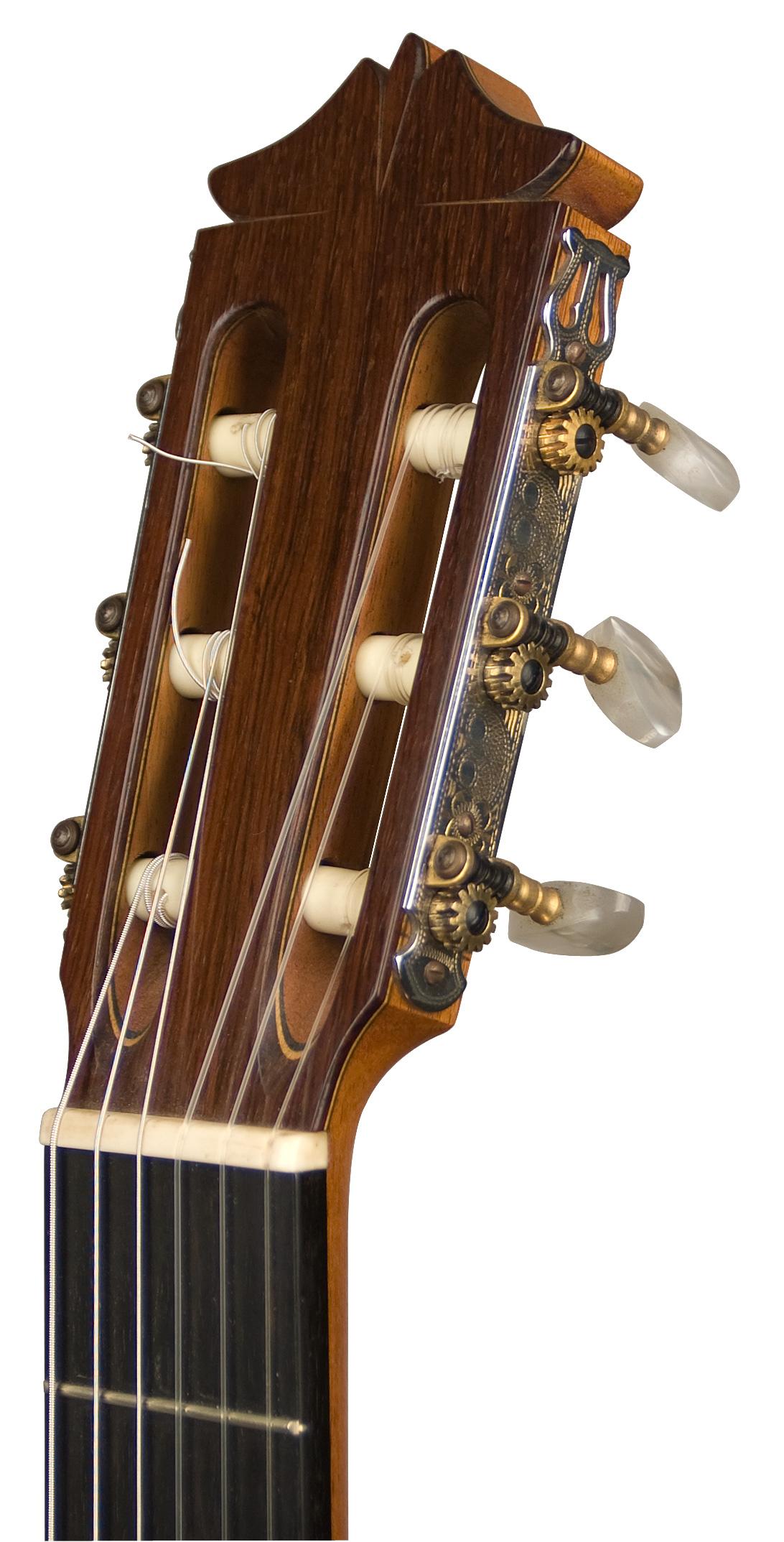|
estebanana -> RE: Flamenco guitar - how much buzz is desirable, how much tolerable? (May 22 2014 5:56:01)
|
quote:
Well, as long as we're discussing language usage, it should be pointed out that "gruff" - "growly" - and "raspy" are not verbs, they're adjectives. But I'm sure you know that.
More importantly, what you say here is not the case with the word "rasp," and its usage with respect to a flamenco guitar.
" But far be it from me to change the definition of a word to describe sound if someone has used it to write advertising copy. We know advertising copy is the final literary decider."
ADVISORY: This post contains ironic humor and sarcastic quips.
I did not make it clear enough that I was being sarcastic. When I said: We know ad copy is the final judge on the definition of a word - I was being sarcastic. I was implying the exact opposite.
I was saying language directed by corporations, advertizing etc. often influence the use of a word; or a subculture like flamenco can adopt a word and change its meaning in a specific context. I've gone into Starbucks coffee and asked for a medium coffee, and clerk says you mean Grande'? And I say yes a medium. Why? because I don't like to use the language that Starbucks corporation wants me to use. Eventually maybe all coffees may be called Grande's, but until then I can still ask for a small, medium or large.
And as you say the word 'rasp' can be used to describe a flamenco guitar, but lets be clear about what rasp really means. If in NY you use the word rasp (verb) to describe flamenco guitar core voice then you should keep on doing that.
Rasp away at those axes. Maybe someday all flamenco guitars will be called Rasps:
Audience- "Hey man you totally shred on that rasp."
Player- "Cool dude thank you I try"
A. - "So Dude, where did get that bad ass rasp? and what kind of rasp is it?"
P. " I bought this rasp in Sevilla at the Guiri Flamenco Mart, it's Conde' rasp. "
A. - " Right on man, I love orange rasps. Some guys hate them, but those guys that hate Conde' orange raps are idiots. Any jerk who does not like orange rasps has adark closed mentality, like Dick Cheney. I would play an orange rasp like that any day. "
P- "Yeah , guys that bag on orange Conde rasps are sure dumb. It reminds me of the old farts that still call rasps 'guitars'. HA HA WTF? guitar? what a stupid word."
A- "Cool brother, rasp on."
P - "Fo shizzle- rasp on, rasp off, like Mr. Miyagi used to say."
A- "Ok later master rasper."
Not everyone will agree rasp is a positive word to describe a guitar. To me and others rasp has pejorative connotations and there is nothing wrong with using a word to mean its dictionary definition.
So in the the end it's tomaayto- tomahhto- You say rasp, and I say rasp, but yours means good and mine means annoying.
If you'll excuse me I need to go Xerox something.
|
|
|
|


